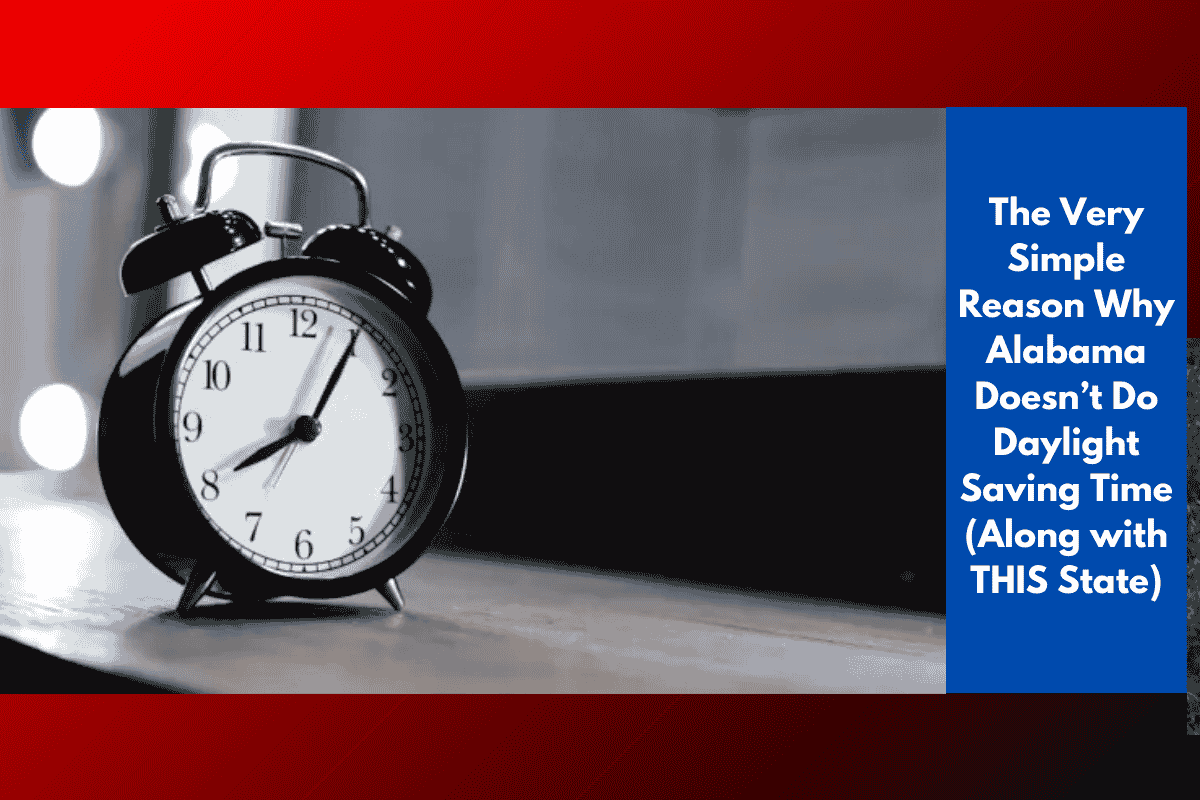Alabama does not currently observe permanent daylight saving time because federal law allows states to exempt themselves from daylight saving time—but only if the entire state remains on standard time, not daylight time year-round. The simple reason is that while states such as Alabama and Hawaii have passed laws or resolutions to move to permanent daylight saving, they must wait for approval from Congress to make daylight saving time year-round legal.
How the Rules Work
States can opt out of DST and stay on standard time all year, which is what Hawaii and most of Arizona have done.
Many states, including Alabama, have passed legislation expressing a desire for permanent daylight saving time, but cannot enact it without federal law changes.
For now, Alabama remains on the national schedule, only changing clocks if mandated by Congress.
Which State Also Opts Out?
Hawaii, along with parts of Arizona, does not observe daylight saving time and stays on standard time year-round.
Bottom Line
Alabama doesn’t do daylight saving time (along with Hawaii) because states may legally remain on standard time, but cannot institute permanent daylight saving time until Congress gives express approval—making it a matter of federal law, not just local preference.
SOURCES
(https://en.wikipedia.org/wiki/Daylight_saving_time_in_the_United_States)
(https://landline.media/action-on-daylight-saving-time-continues-around-the-country/)(https://nz.news.yahoo.com/daylight-saving-time-states-want-131000045.html)(https://thehill.com/homenews/state-watch/5464355-daylight-saving-time-which-states-want-to-stop-changing-the-clocks/)
(https://www.ncsl.org/transportation/daylight-saving-time-state-legislation)














